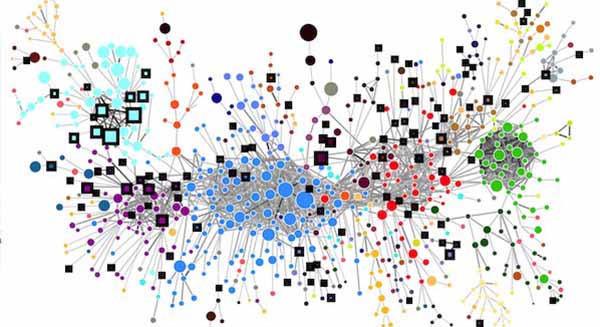
AIM’s PhD in Data Science program is one of the few doctoral programs which are exceptionally useful in both academia and industry, and it hopes to produce academic and industry leaders in the era of Industry 4.0. The program aims to push the boundaries of data science that includes, among others, artificial intelligence, network science, and complex systems. It further strives to instill the value of effectively translating insights from fundamental research into best-of-breed practices across a wide variety of contexts.
PROGRAM OBJECTIVES
Data Scientists from the AIM PhD program will be able to:
- AIM PhD in DS must be able to demonstrate a comprehensive and systematic understanding of the field of data science, a mastery of the research methods used in data science, and a commitment to the scholarly advancement of data science as a discipline.
- AIM PhD in DS must be able to conceive, design, implement and adapt a substantial process of research using methodologies of data science to solve critical problems in research and/or innovation that span traditional disciplinary divides and have substantial implications.
- AIM PhD in DS must be able to demonstrate capabilities of promoting and advancing the role of data science in technological, social, and cultural advancements of societies.
MAIN AREAS OF FOCUS

COMPLEXITY SCIENCE & NETWORK SCIENCE

ARTIFICIAL INTELLIGENCE
Applied Knowledge
- Biomedical or Healthcare Systems
- Computational Social Science
- Financial Systems
- Innovation and Business
- Logistics and Supply Chains
- Socioeconomic Systems
- Transportation Science
- Urban Systems
Methodological / Theoretical Knowledge
- Algorithms, Optimizations, and Markets
- Deep Learning Algorithms
- Dynamics and Processes on Networks
- Learning Theory
- Network Representations of Complex Systems
- Quantum Computing
SPECIALIZATION COURSES AND ELECTIVES
Complexity & Network Science
- Complex Adaptive Systems
- Multiplex Networks
- Network Dynamics of Social Behavior
- Statistical Methods in Network Science
Artificial Intelligence
- Computational Cognitive Modeling
- Introduction to Computational Social Science
- Natural Language Understanding and Computational Semantics
- NLP with Representation Learning
- Probabilistic Time Series Analysis
- Reinforcement Learning


